You may not realize it, but nearly every day a food product is recalled by the USDA.
Most are relatively small, and wind up being fairly harmless for both the consumer and the manufacturer (aside from the financial hit), but some food recalls are enormous and can completely disrupt entire companies.
A food recall, by definition, is “any corrective action by a company needed to protect consumers from potentially adverse effects of a contaminated, adulterated, or misbranded product.”
They can happen for a variety of reasons, some far more benign than others: A Class III recall has nothing to do with the food itself, but instead involves improper labeling; a Class II recall is issued when there’s a remote possibility of medically reversible health consequences, like when a potential allergen is included in the food but not labeled; and Class I, the most severe recall classification, is issued when consumption of the food in question carries a reasonable probability that it will result in serious illness or death, as in when ready-to-eat food is infected with E. coli.
There have been some major, major food recalls over the years. In 1997, Hudson Beef was forced to recall 25 million pounds of ground beef after E. coli sickened at least 16 people; in 2008, peanuts containing salmonella sickened more than 600 people, causing eight deaths and sending shockwaves across the peanut industry that are still being felt today; in 2007, Topps Meat Company (the country’s leading seller of frozen hamburger patties) was forced to shut down after recalling an entire year’s worth of production after 30 people were sickened by E. coli; and in 1998, Sara Lee recalled 35 million pounds of deli meat and hot dogs after more than 100 people were sickened and 21 died of listeria, costing the company more than $100 million. Clearly, recalls are no laughing matter.
In 2015, thankfully, there were no illness-related recalls on as massive scale as those, but recalls are still a near-daily occurrence, meaning that the USDA is doing its job. You don’t hear about the majority of recalls; current ones include Heeps puréed meat products (misbranding), Mama Lina’s beef and chicken empanadas (produced without inspection), and Kenoska Beef’s pork sausage (possible foreign matter contamination).
And while it’s not technically a recall, the ongoing saga of Chipotle’s nationwide E. coli breakout shows just how easy it can be for major food companies to get a whole lot of people sick.
Read on for some of the biggest food fails and recalls of the year.
1. Kraft Macaroni and Cheese
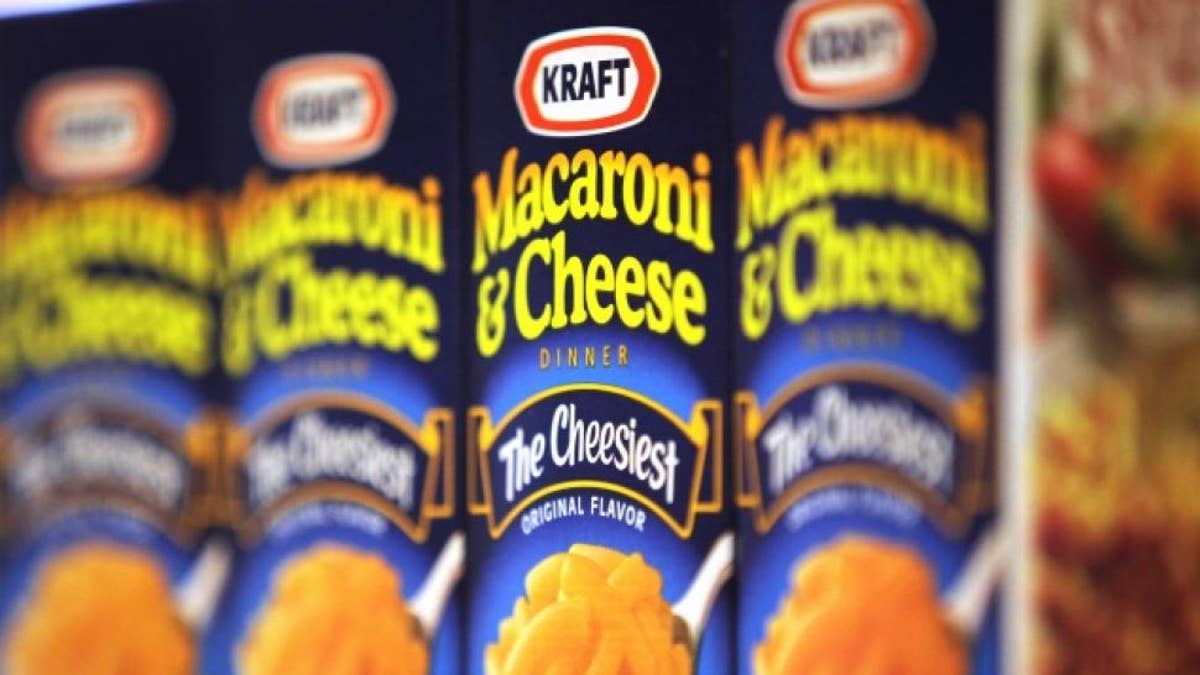
(AP)
In March, Kraft recalled 6.5 million boxes of its macaroni and cheese after consumers found metal in the boxes. No injuries were reported.
2. Blue Bell
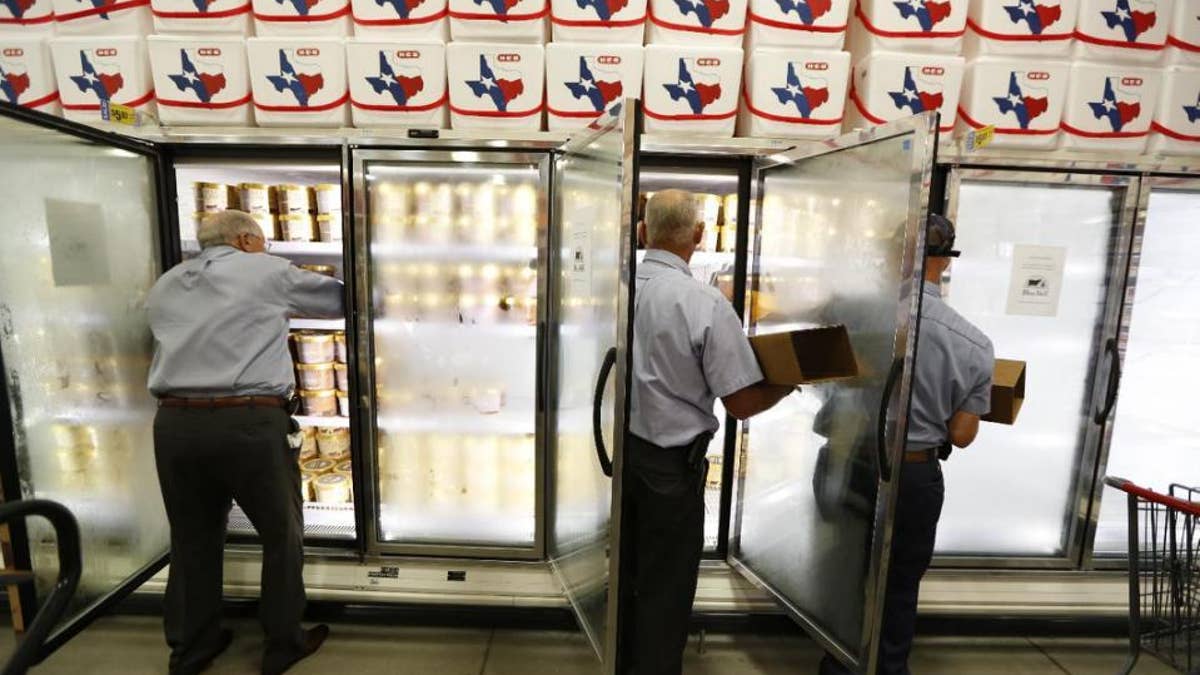
Blue Bell personnel Freddie Hugo, from left, Rickey Seilheimer, and Charlie Franke stock freezers with Blue Bell products early Monday, Aug. 31, 2015, in Brenham, Texas. Blue Bell Creameries resumed selling its products at select locations Monday, four months after the Texas-based retailer halted sales due to listeria contamination. Blue Bell ice cream is now available at stores in the Houston and Austin areas, including in the company's hometown of Brenham, plus parts of Alabama. (Steve Gonzales/Houston Chronicle via AP) (AP)
In April, after two weeks of smaller recalls, Blue Bell Ice Cream voluntarily took all of its products, including ice cream, frozen yogurt, and sherbet off of shelves after three people died from listeria poisoning. Health inspections found listeria bacteria in the cookie dough ice cream as well as in Blue Bell’s factories.
3. Jeni’s Splendid Ice Creams

(Jeni's Splendid Ice Creams)
2015 wasn’t a good year for ice cream. In April, Jeni’s Splendid Ice Creams, a popular small-batch ice cream company, recalled all products, suspended production, and closed all scoop shops after listeria was discovered in a randomly collected sample.
4. Chicken
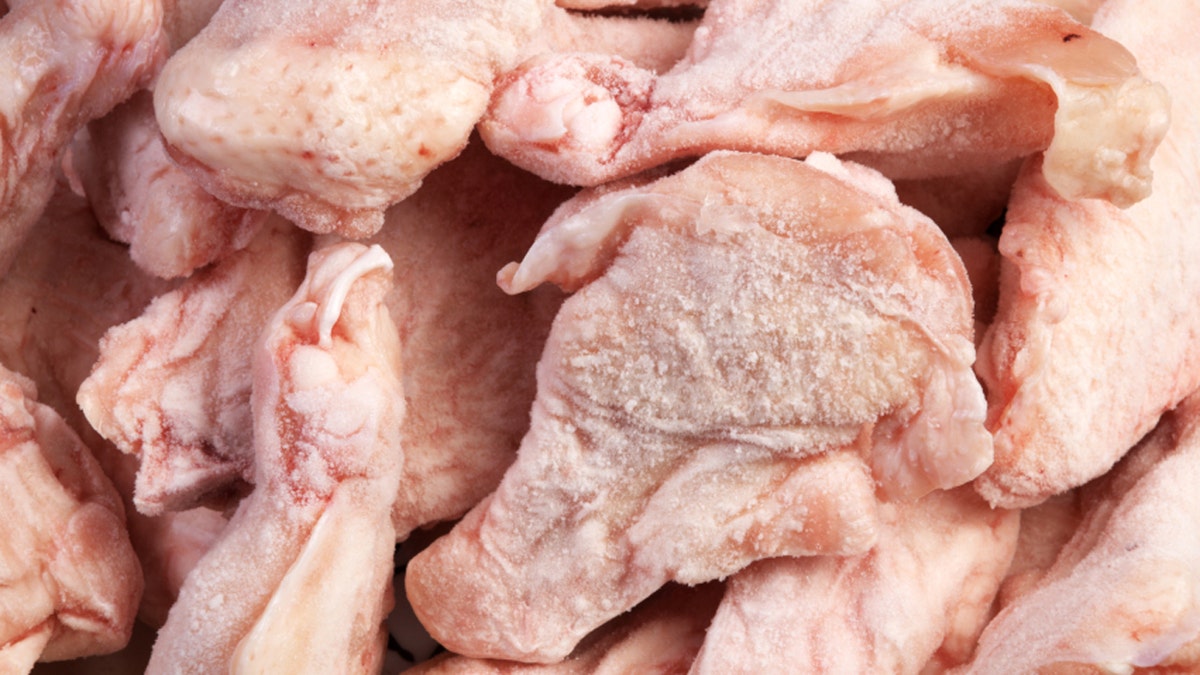
(iStock)
554,090 pounds of chicken from Sanderson Farms were recalled in September after metal shavings from a malfunctioning ice machine were found in the chicken; there were no injuries or adverse reactions. And in July, Barber Foods recalled 1.7 million pounds of frozen raw chicken after six fell ill with salmonella poisoning.
In November, Tyson recalled 52,000 pounds of Any’tizers Fully Cooked Hot Chicken Wings after several people were sickened by them. In July, nearly two million pounds of Aspen Foods frozen chicken products were recalled after three cases of salmonella were reported, making it among the year’s biggest recalls.
5. Organic Food
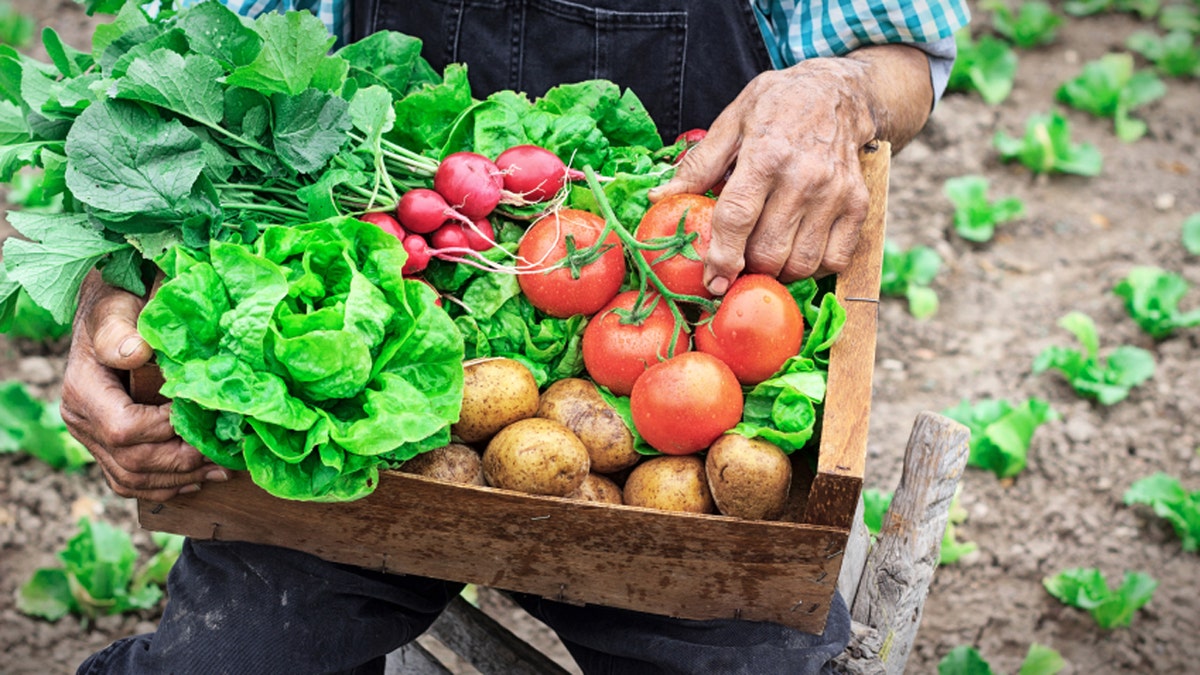
(iStock)
Seven percent of all the foods recalled this year were organic, according to Stericycle, a company that handles recalls for businesses, up from just two percent last year. According to the company, 87 percent of those recalls were driven by the presence of bacterial contamination instead of a labeling problem, which is even more concerning.
6. Oscar Mayer Turkey Bacon
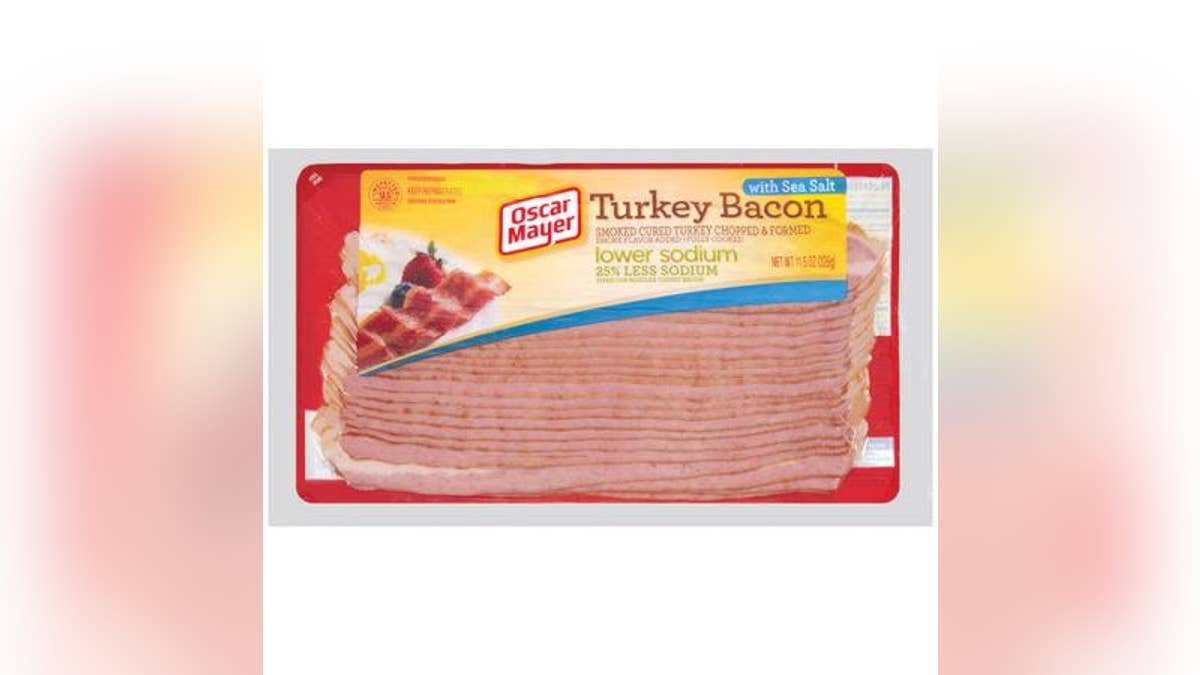
(Walmart.com)
In August, Oscar Mayer announced that it would be recalling a whopping 2,068,467 pounds of turkey bacon because the product was mislabeled, and could actually spoil before its sell-by date.
7. Bimbo Bakeries
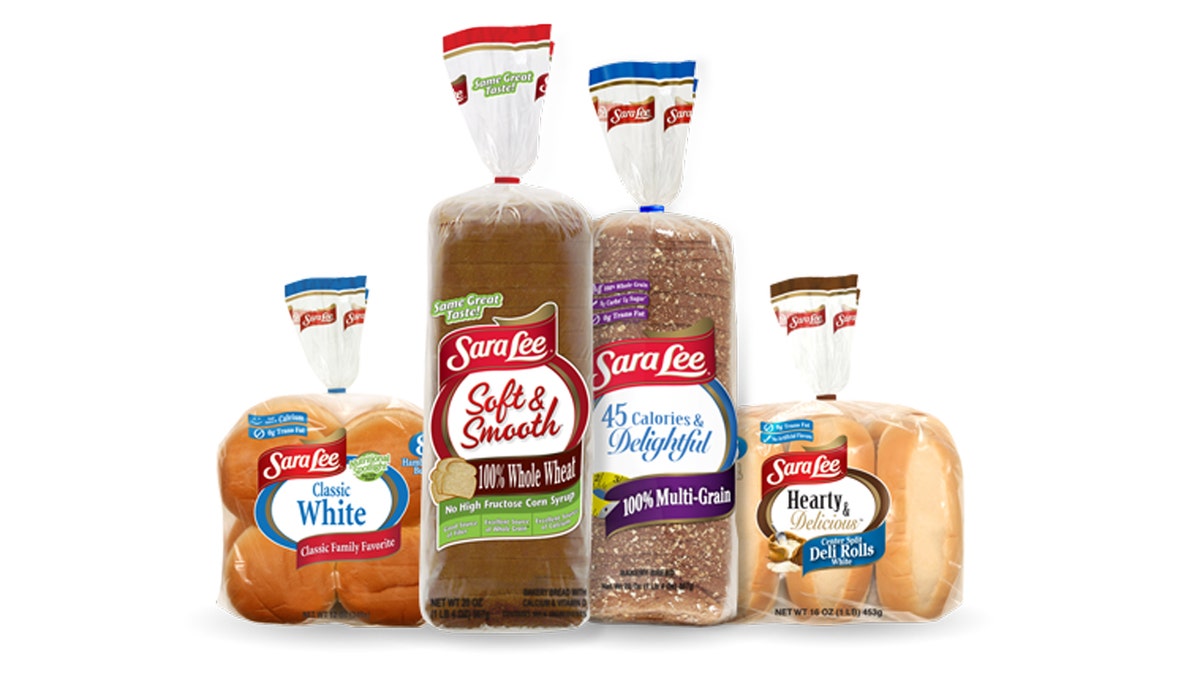
(SaraLeeBread.com)
In August, Bimbo Bakeries, America’s largest baking company, announced that it was recalling seven Sara Lee bread products, two bread products each sold under the Nature's Harvest and Great Value brands, and one each for the Kroger, L'Oven Fresh, and Bimbo brands.
According to the company, they received three consumer complaints about broken glass being found in bread, which was traced back to a broken light bulb in one of its bakeries.
Check out more of the year's biggest food recalls.
More from The Daily Meal
The 25 Most Popular Restaurants of 2015
50 Recipes for Your New Year’s Weight-Loss Resolution
